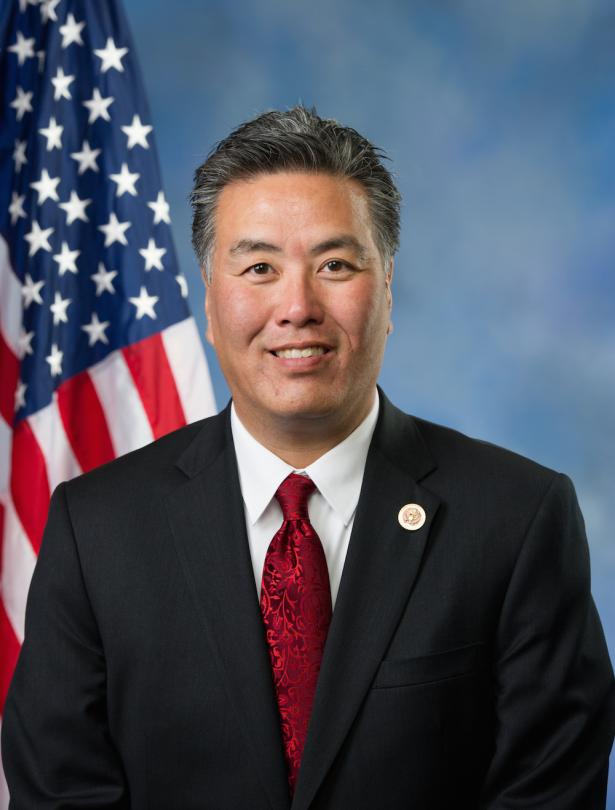labor Congressman Wants To Make 32-Hour Workweek U.S. Law to ‘Increase the Happiness of Humankind’
The four-day workweek is as buzzy as ever, and one California Congressman wants to make it federal law.
California Rep. Mark Takano, who represents California’s 39th district, has reintroduced his 32-hour Workweek Act to Congress, which, if passed, would officially reduce the standard definition of the workweek from 40 hours to 32 hours by amending the Fair Labor Standards Act.
His proposal would mandate overtime pay for any work done after 32 hours, which would encourage business to either pay workers more for longer hours, or shorten their week and hire more people.
The bill applies to non-exempt workers, who typically work hourly jobs across leisure and hospitality, transportation, construction, manufacturing, wholesale, and retail trade.
This is by design, Takano tells CNBC Make It. “The serious conversations about the reduced workweek are happening for white-collar professions. What my bill will do is spur conversation about how we democratize this norm to other sectors of the workforce so everybody benefits.”
New worker protections could ‘increase the happiness of humankind’
Takano first introduced the legislation to Congress in 2021. It was endorsed by the Congressional Progressive Caucus, made the rounds on the internet, but ultimately failed to advance in Congress.
Takano says he’s passionate about the 32-hour workweek to bring about “a significant change which will increase the happiness of humankind. That’s a very big statement. But it was a big deal 100 years ago when we gave people the weekend by passing the Fair Labor Standards Act,” which established a 40-hour workweek and created other worker protections. “These are all part of the social justice discourse,” he says.
Supporters say a shortened week would push businesses to hire more people, increase labor market participation, and create “healthier competition in the workplace that empowers workers to negotiate for better wages and working conditions,” according to a release from Takano’s team.
The bill’s reintroduction to Congress follows headlines about the success of a global pilot program and new proposals circulating in Maryland.
Nearly 3,000 U.K. workers at 61 companies recently completed a six-month pilot of the shortened week run by nonprofit 4 Day Week Global. Businesses reported improved productivity, revenue, morale and team culture, whereas individuals saw benefits for their health, finances and relationships.
More than 900 workers across 33 businesses in the U.S. and Ireland ran through the same program last year, and none of them are going back to a five-day model.
Critics worry of a ‘one-size-fits-all’ approach
Not everyone is on board with a 32-hour workweek law. When asked for comment, a spokesperson with the Society for Human Resource Management referred CNBC Make It to a previous statement opposing similar legislation introduced in the California Assembly last year.
Critics oppose the legislation for its “one-size-fits-all approach,” writes Emily M. Dickens, chief of staff and head of government affairs at SHRM. Dickens writes that a similar bill could exacerbate staffing shortages, raise labor costs and make life more difficult for HR professionals and businesses “struggling to recover from the worst days of the pandemic.”
Now that the 32-hour Workweek Act is back in Congress, Takano says the next step is to “get more and more people understanding the arguments for it, to bring in the business executives and the employees who’ve experienced positive effects of a shorter workweek, and begin to reduce the anxieties around change.”


Spread the word